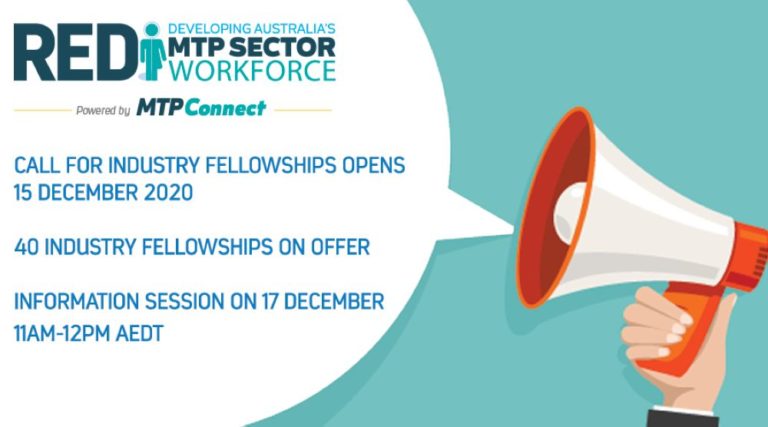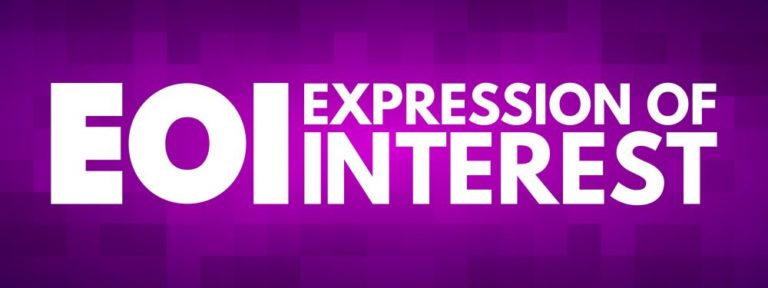[vc_row][vc_column][vc_column_text]Appointed by Prime Minister Malcolm Turnbull, Glenys Beauchamp took the position following the resignation of former Health Department chief Martin Bowles. The Secretary of Health is one of the most important appointments in the public service, playing an integral part of leading and shaping Australia’s health and aged care systems, and sporting outcomes. The Department’s size and scope is significant – with more than 5000 employees the policies it implements reach every Australian from birth to death.
Beauchamp has listed the most pressing issue facing her department as equity within the system, echoing the findings of a 2017 Commonwealth report that compared the performance of health systems in 11 OECD countries. The report found that Australia scored well in four of the five categories measured and was ranked second overall. However, our health system fell to seventh place when assessed against the measurement of equity. With poor performance becoming evident when looking at the health gap, for example, between Indigenous and non-Indigenous Australians, its clear that the lens needs to shift to understand how we can better provide for marginalised communities.
Beauchamp has also taken to keeping the Department apolitical stating: “I take seriously my responsibilities and the obligation of the department to ensure we do not support or participate in any political commentary.” After a letter was sent to Labor’s Shadow Minister for Health, the Hon Catherine King MP, explaining that the Department does not cost Opposition policies. This was in response to Minister for Health Greg Hunt releasing Department of Health data arguing Labor’s $2.3 billion boost to cancer treatment, over four years, would cost taxpayers $6.8 billion.
In the 2018 Department of Health’s Annual Report Glenys Beauchamp listed the strategic priorities as:
- Improving health and ageing outcomes and reduced inequality; and
- Maintaining Australia’s high-quality health and aged care system.
The key tactical aspects of these priorities included the following:
- an integrated approach that balances prevention, primary, secondary and tertiary care
- promoting greater engagement of individuals in their health and healthcare
- enabling access for people with cultural and diverse backgrounds including Aboriginal and Torres Strait Islander peoples, people in rural and remote areas and people experiencing socio-economic disadvantage
- partnering and collaborating with others to deliver health and aged care programs
- better, more cost-effective care through research, innovation and technology
- regulation that protects the health and safety of the community, while minimising unnecessary compliance burdens
Away from the domestic agenda and looking to the role Australia plays at the international level, in 2017 Beauchamp chaired the sixty-eighth session of the WHO Regional Committee for the Western Pacific, where she was quoted stating the biggest issues facing our region:
- measles and Rubella elimination that currently average, around 60,000 people infected with measles every year and several thousand babies are born with congenital rubella syndrome in the Western Pacific Region;
- harmful impact of food marketing with wider availability of cheaper foods high in salt, free sugars and fats is driving the increasing prevalence of overweight and obesity. Exposure to aggressive marketing of these foods contributes to the problem;
- regional Action Plan that aims to assist in practical approaches to improving health literacy, and supporting better informed health decisions;
- sexually transmitted diseases HIV, Hepatitis B, and Syphilis that can be effectively prevented by simple interventions that can be delivered with antenatal, delivery and postnatal care – such as antenatal screening, treatment of infected mothers and prophylaxis of exposed infants.
The next few years will be vital if the Department of Health is able to achieve its objective of ensuring Australia sustains its position in world-leading health and wellbeing standards.
Fortunately, Beauchamp has brought a wealth of experience to the role. Prior to being appointed Secretary for Health, Beauchamp served as Secretary for Department of Industry, Innovation and Science (2013 – 2017) and Secretary of the Department of Regional Australia, Local Government, Arts and Sport (2010-2013). She has served as Deputy Secretary in the Department of the Prime Minister and Cabinet (2009-2010) and the Department of Families, Housing, Community Services and Indigenous Affairs (2002-2009).
Beauchamp also holds a degree in economics from the Australian National University and an MBA from the University of Canberra. In 2010, Beauchamp received the Public Service Medal (PSM) for her work in coordinating the Australian Government’s support during the 2009 Victorian bushfires.
It follows that in the context of an ageing population, the dramatic rise in dementia patients and the current diabetes crises – more and more pressure will be placed on the health system. Following the May 18 Elections, it will be interesting to see whether a returned Coalition Government or an incoming Labor Government will seek to shuffle the Department Secretaries deck, and who will be tasked to take on the challenge of the Health Department.[/vc_column_text][/vc_column][/vc_row]




